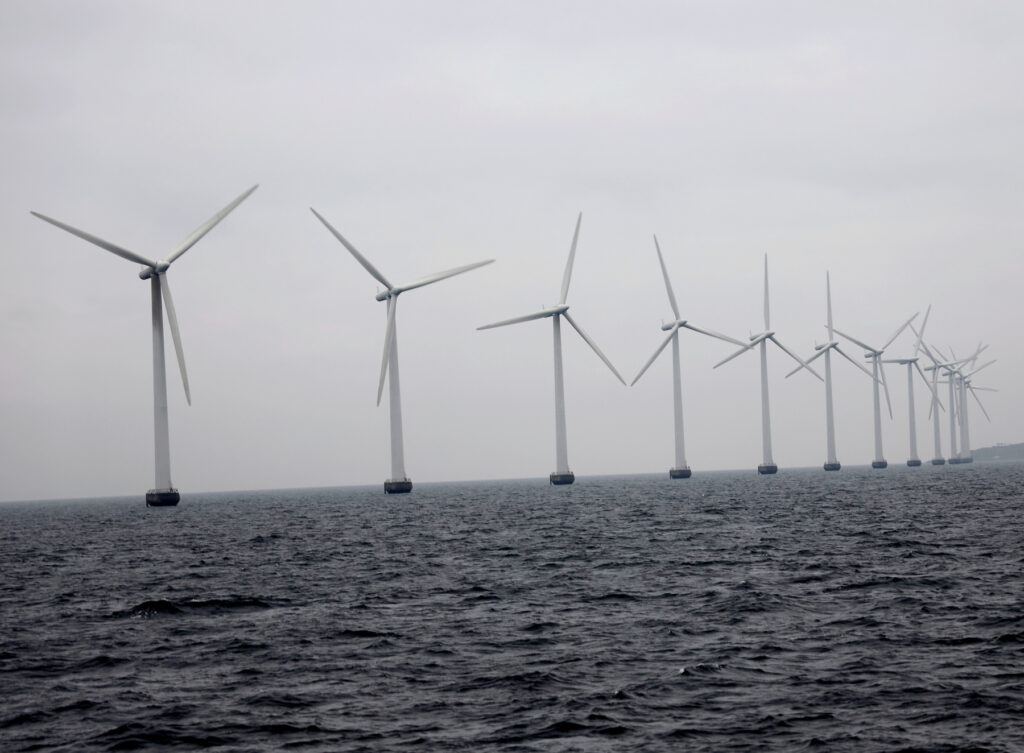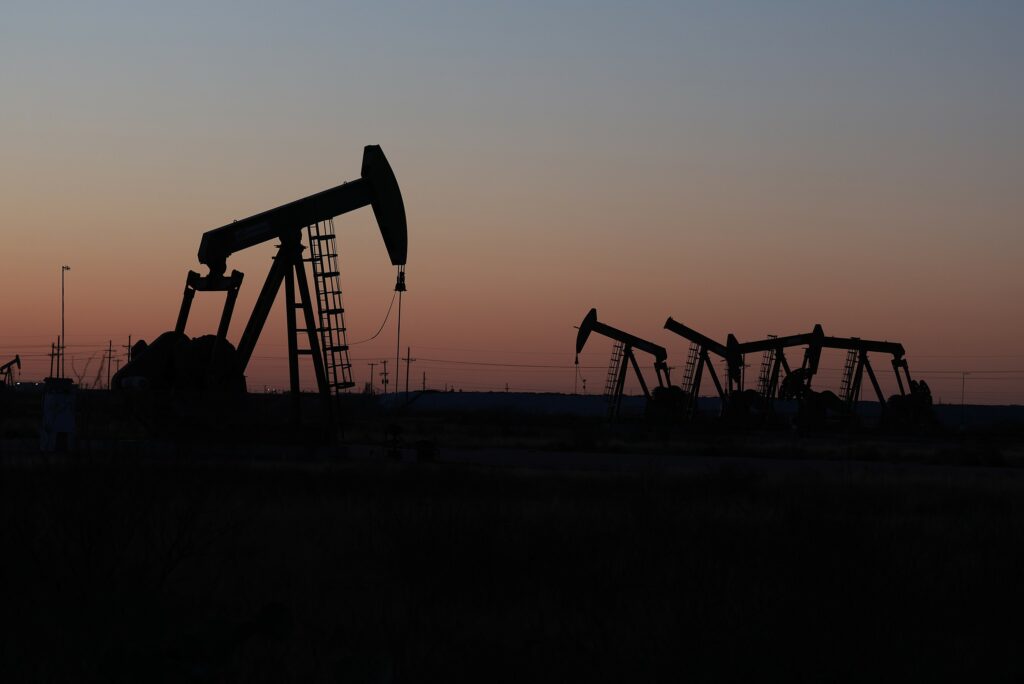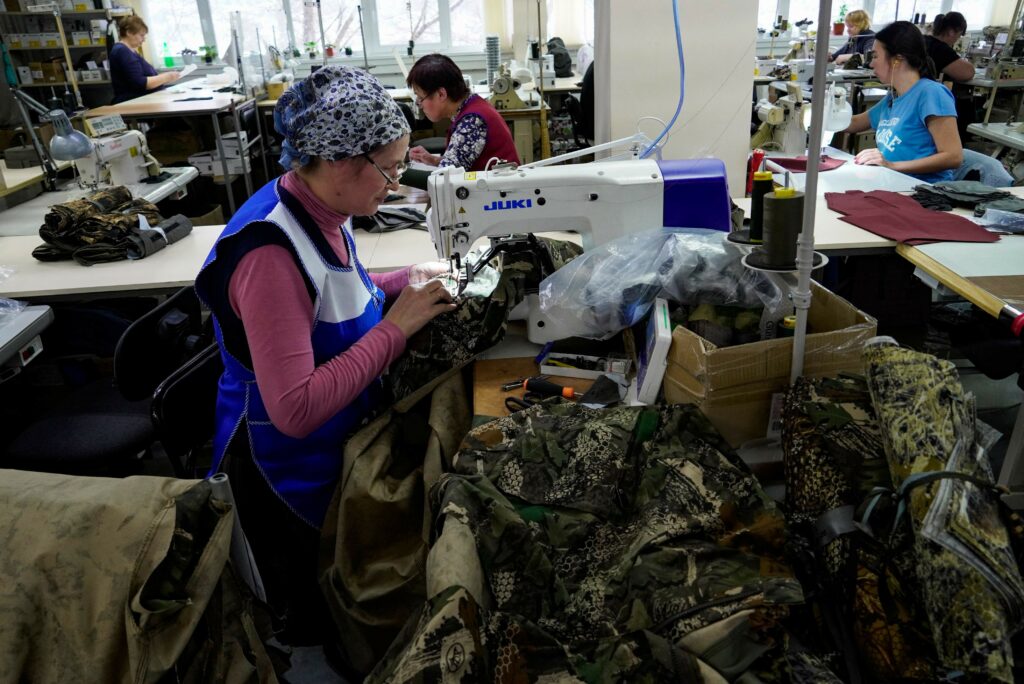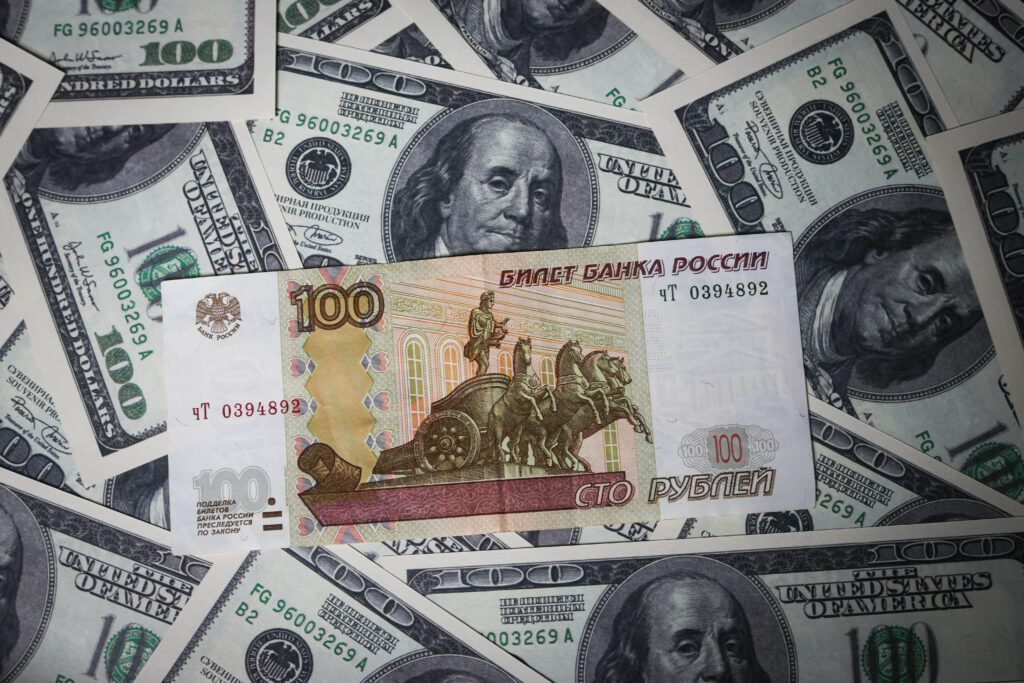The lower oil prices of 2020 forced oil and gas companies around the world to revise their forecasts and look with more hope at green energy. The EU economic recovery plans include record levels of investments in decarbonisation. There are also pledges to make Europe carbon-free by 2050. If these plans emerge, Russia risks losing some of its revenues from hydrocarbon exports. In turn, that would also see the bulk of its political influence in Europe ebb away.
A feast in time of plague
The new version of the 2035 Russian Energy Strategy, adopted in June, anticipates a decline in supply on oil and gas markets. Consequently, rising prices and the preservation of fossil fuels aare the foundation of the global energy sector. The transition to renewable energy sources (RES) is mentioned in the document not as an opportunity. Rather, it is seen as a threat to the Russian energy sector, alongside the «discriminatory policies pursued by certain foreign countries.»
Moscow’s stance on the «green turn» across Europe was summarised in September by Deputy Prime Minister Yury Borisov. He said the abandoning of oil is being hailed by «those countries and companies that do not have serious reserves of hydrocarbons.» In other words, Russia, a holder of such reserves, has allegedly nothing to worry about.
However, the world’s largest oil and gas companies are uneasy. According to BP’s post-COVID forecast, demand for hydrocarbons will decline in all three post-pandemic scenarios. In line with the optimistic option, demand will smoothly decrease from the pre-COVID level of 100 million barrels per day to 95 million barrels per day by 2050. The other two options assume a decline to either 55 million barrels or 30 million barrels per day. Against this backdrop, it was not only BP but also Royal Dutch Shell, Total and other oil and gas companies that announced record investments in green energy. As a result, global investment in RES exceeded investments in oil and gas in 2020 for the first time ever. Stock prices in the RES industry lept by 45%. The plan to revive the EU’s economy after the pandemic, and the accompanying seven-year budget, include 500 billion euros for renewable energy technologies.
In the meantime, the Russian Ministry of Energy decided to grant tax incentives to the Arctic project called «Vostok Oil» (owned by Rosneft and Neftegazholding), and the lower price threshold required to receive the incentives was reduced to USD 25 per barrel in September. Alexander Novak, who heads the Ministry, also reported on the launch of the «Unfinished Well» incentive programme, which will enable 2,700 new oil wells to be drilled by 2022, providing oilfield service companies with the necessary orders amid falling demand.
Unlike the world’s oil giants, the Russian government is not even considering a scenario that the global demand for hydrocarbons might not return to pre-crisis levels. Instead of risk assessment, there is stubborn hope that wells drilled during crisis years will be useful one day.
Barriers to Russian clean energy in Europe
We cannot say that Europe’s «green turn» will leave Moscow on the margins. The transition to cleaner energy sources provides opportunities at least for Russian gas suppliers and «peaceful nuclear technologies.» However, some subtle aspects must be borne in mind here.
In April 2020, the U.S. Department of Energy (DOE) announced, for the first time in 40 years, its intention to develop nuclear power beyond its borders. Later on, the USA discussed the construction of a nuclear power plant in Poland and gave a hint to the Czech Republic that Russian and Chinese companies should be excluded from the tender for the completion of two power units of the Dukovany nuclear power plant. Europeans probably understood those hints correctly: the nuclear power market is now of great interest to the USA, which means it has become almost as politicised as the oil and gas market.
Moreover, the demand for nuclear energy in the EU was already quite low even without these recent developments. Germany, Belgium, Switzerland and Spain announced the decommissioning of their nuclear power plants by 2030. Italy has already achieved this goal. Construction is already underway in the EU countries with prospects for the Russian «peaceful nuclear technologies»: the Hanhikivi-1 single-unit power plant in Finland and new units at Hungary’s Paks-II.
Importantly, the project in Hungary is connected with a high-profile court case in the EU. In 2014, Moscow and Budapest signed an agreement to provide Hungary with a loan of up to 10 billion euros by 2025 for the construction of a nuclear power plant. The country’s Prime Minister Viktor Orbán did not hold an international tender but immediately offered the contract to Rosatom. This drew in the European Commission, which investigated possible violations of competition rules. Ultimately, Brussels came to the conclusion in 2017 that a government programme to finance the construction was acceptable. At that time, it became known that Moscow was ready to pay for the work at Paks-II in full rather than 80%, as assumed earlier.
As for the Dukovany project in the Czech Republic, the government there is going down a different route to Budapest. It will hold a competitive bidding procedure. However, the project’s future is up in the air. Czech Prime Minister Andrej Babiš said in May that the decision about the project would be for the next cabinet, after the 2021 parliamentary elections. The cabinet will determine the final list of bidders. It will also have the option to abandon the project. Quite possibly, Dukovany may be decommissioned altogether. There are serious concerns in the Czech Republic that ageing reactors will not be able to follow the new EU directives on the safety of nuclear facilities.
The EU views gas as a transitional fuel on the path from coal and oil to renewable energy sources. For this reason, the demand for this energy source set to rise in Europe in the wake of the pandemic. However, according to some estimates, this growth will be very short-lived. Gas is also a hydrocarbon, so companies involved in gas projects will not be able to count on EU benefits and subsidies for developing clean energy. Today, Brussels is focusing on investments in solar, wind and hydrogen energy. Gas is seen as a resource of secondary importance.
Impotence of a valve
Oil and gas have always been more than an export item for Moscow. They have been key to maintaining the «pragmatic» policy of the European Union. Here, Russian gas accounts for almost 40% of supplies. But as the EU moves away from hydrocarbons, it will free up other, more ideologically charged relations with Russia.
Despite initial statements by EU officials that Alexei Navalny’s poisoning could entail sanctions against Nord Stream 2, Brussels eventually decided to limit itself to personal sanctions. This decision was driven by economic reasons (dozens of European private investors had put money in the project.) Still, there was also the political agenda. The abandonment of this pipeline is being actively pushed through by Washington and via extraterritorial sanctions that are unsavoury for Europeans. A change in the position on Nord Stream 2 would undermine EU’s attempts to defend its economic sovereignty.
However, Moscow also has a history of using the gas valve as an instrument of political pressure. In this respect, the choice between Russian or American suppliers is a choice between two dependencies for Europe. The EU would like not to have any such dependence. It would rather not be a hostage of a geopolitical confrontation between the two superpowers. That is why the post-COVID «green turn» in the EU not only for the environment. Geopolitics is there too. In the world of zero hydrocarbon emissions in the EU, which the head of the European Commission Ursula von der Leyen promised to achieve by 2050, Brussels will no longer have to make concessions for its oil and gas sources when building its foreign policy and designing sanctions. Moscow either does not believe in such a scenario or considers this prospect to be too remote.
Admittedly, earlier fears that the EU, as the main buyer of Russian gas, would be able to control Russia did not materialise in the end. The countries of the European Union have turned out to be too dependent on fuel from Russia themselves to afford such risky steps. Perhaps this is exactly why Moscow does not believe in the pessimistic post-COVID scenarios in its relations with the EU.
Of course, the EU countries are not the only buyers of Russian hydrocarbons. The reduction in supplies in one region could be compensated by increasing exports to other regions, such as Asia, at least initially. However, if China remains the only hydrocarbon client for Russia, it will be able to impose its terms. This kind of partnership between the neighbouring countries is not the best scenario for Brussels. It is not without reason that Emmanuel Macron has set out to keep Russia in a strategic dialogue with Europe to avoid its closer alliance with Beijing.
Theoretically, it is possible to swap one instrument of influence for another. Since demand for wind turbines, solar panels and lithium-ion batteries in Europe currently exceeds supply and the trend will continue in the coming years, exporters of these products play a key role in European environmental initiatives. Moscow is trying to fill this niche but is using somewhat coarse methods. For example, by requiring 100% localisation of RES equipment production and supplying at least 15% of the output to other countries. In fact, such tough conditions may force companies to leave the Russian market rather than invest more in it.
The Russian government had planned to increase the share of RES to 4.5% by 2024. Though it is already clear today that it will not exceed 1%. Even if we include the implementation of new projects. With the support programme for the industry for 2025−2035, on 17 October the Russian Ministry of Economic Development proposed a reduction from 400 to 200 billion roubles. That could make it unprofitable to establish new production facilities on Russia’s territory.
Meanwhile, Russia has an enormous potential for the development of RES. If only the economic potential of the industry is leveraged, this would make it possible to increase the share of these energy sources to 25−30% of the country’s energy balance. It took Russia just a few years to create a scientific and technical foundation as well as production facilities for components for solar and wind power plants. With proper support from the government, Russia could be able to export technical equipment and electricity generated from renewable energy sources to the EU. Such discussions are mainly among experts; the government continues to see the oil and gas sector as a priority.
Vladimir Putin’s statement last year about wind farms killing birds and disturbing earthworms is quite telling. Europe’s decision to give up nuclear energy is like returning to prehistoric caves. Investor sentiment today, the EU’s economic development plans and expert opinions, including those from Russia, point in divergent directions.










